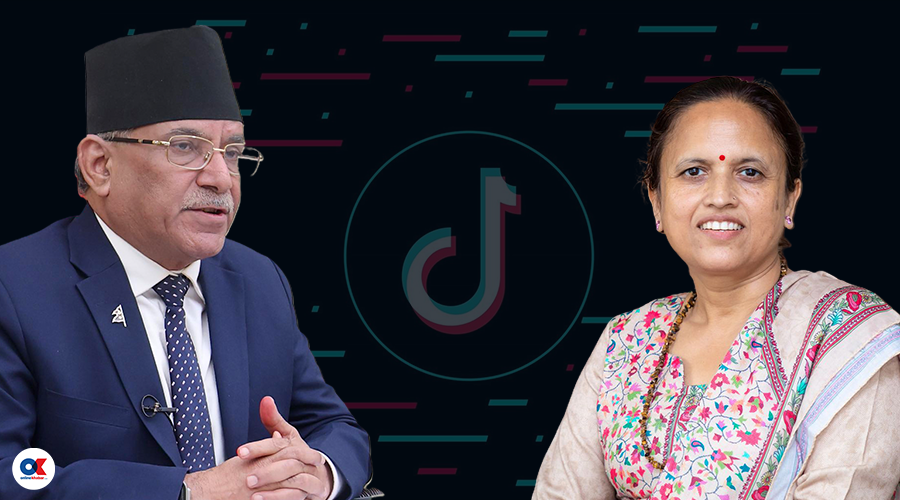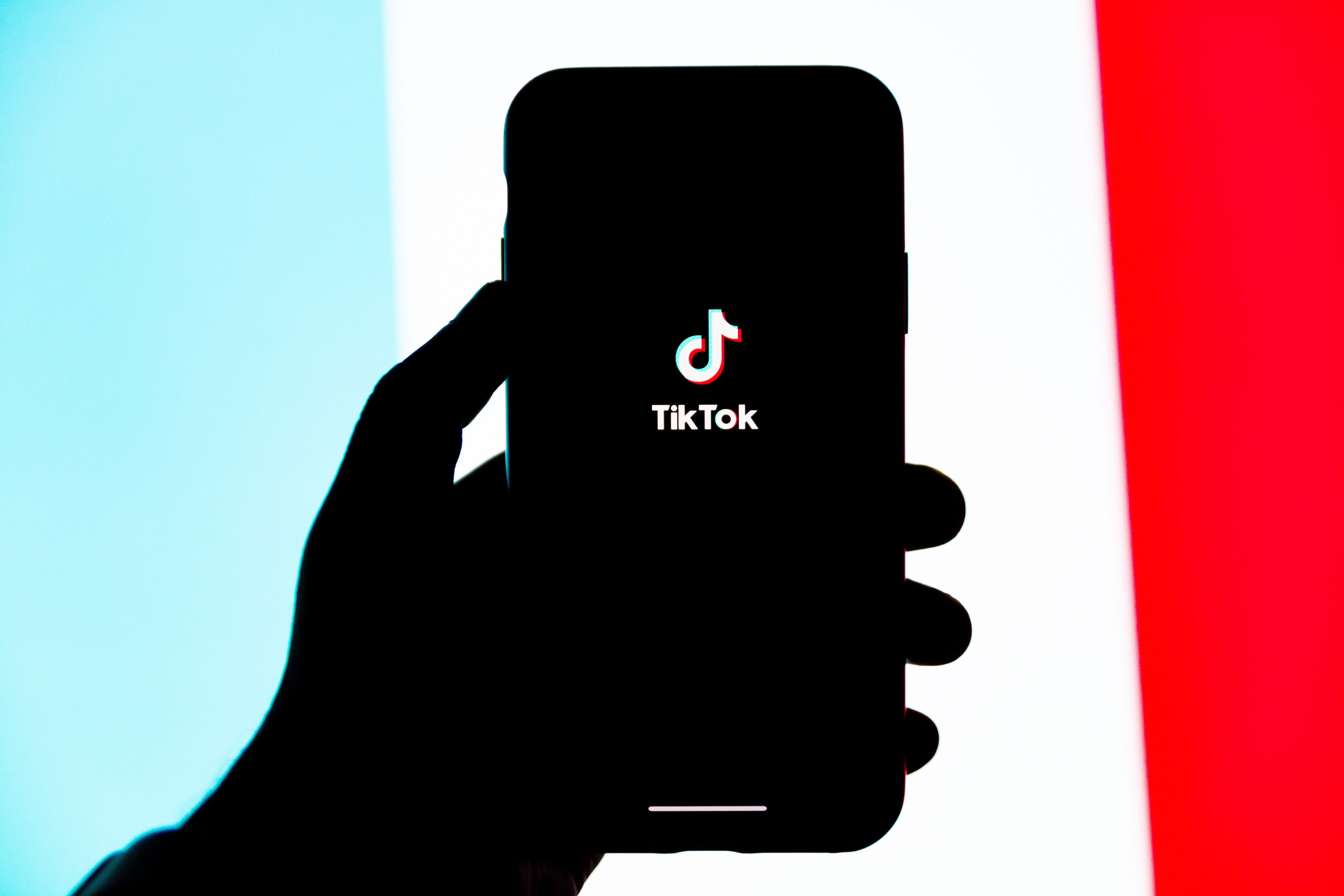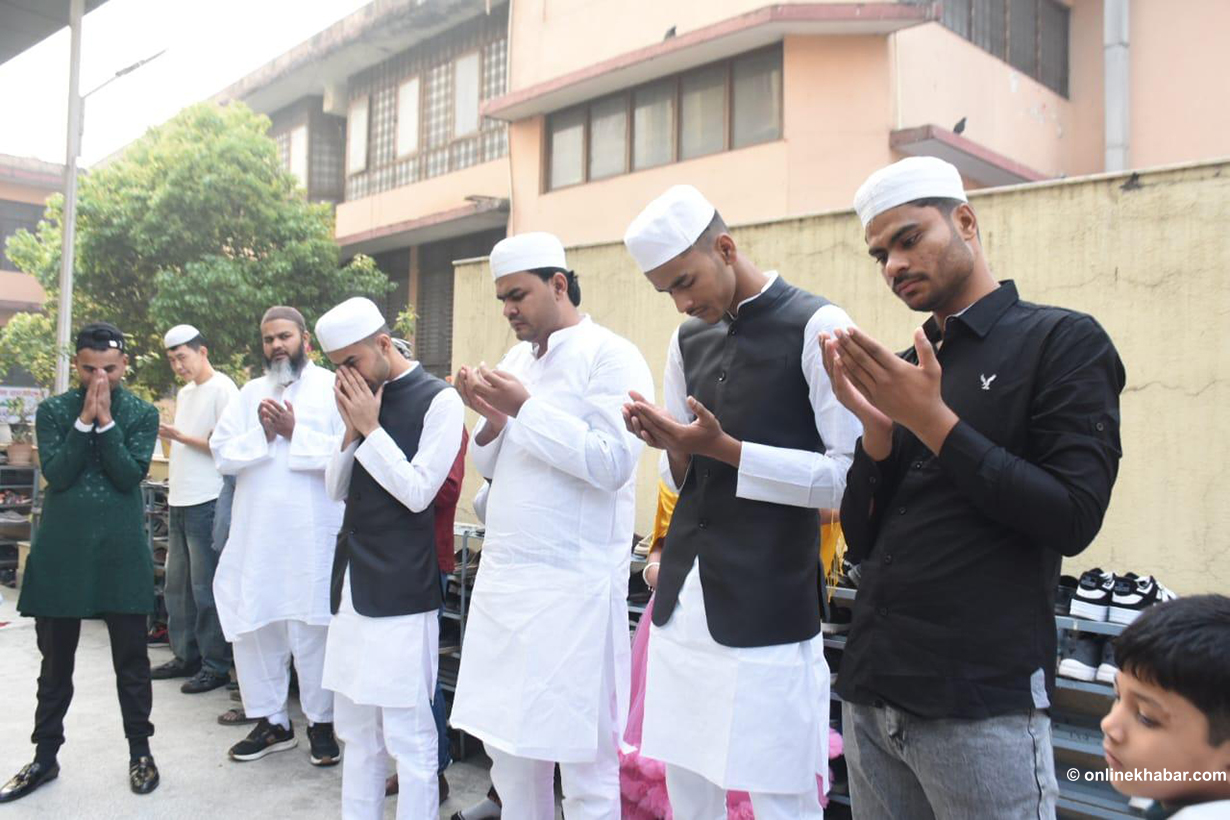
The government, having banned TikTok, is now extending its monitoring efforts to include other social media platforms such as Telegram and Snapchat. Prakash Rayamajhi, the Prime Minister’s information technology expert, has indicated that studies are underway to explore regulatory measures or potential bans on these apps, similar to the action taken against TikTok.
The government states that it banned TikTok due to its impact on social harmony and family disruption. In the ongoing legal proceedings, the Supreme Court refrained from issuing an interim order. Instead, it requested a written response and has scheduled the final hearing for December 5.
The court not issuing an interim order along with the support of one sphere of the society has motivated Pushpa Kamal Dahal to explore the possibility of regulating additional platforms in the country.
Rayamajhi said a group of experts are currently studying if social media apps like Likee, IMO, Bigo, Tinder, TanTan, Bumble, Telegram and Snapchat should also be banned in Nepal.
Rayamajhi claims that inappropriate behaviours are widespread on live streaming platforms such as Bigo Live, and there is an alarming occurrence of financial and sexual crimes taking place through messaging apps like IMO and Telegram.
“There is an argument that social media apps have the power to negatively impact the psychology of the younger generation. That negative impact will affect society too,” said Rayamajhi, defending the government’s actions. “I call these apps anti-social sites, not social sites. We are looking if these apps need to be banned or the government can regulate them.”
Rayamajhi said that decisions will be made considering the unique characteristics of the apps under surveillance and the societal impact they have generated.
“There is a concern about the potential exposure of children to these apps where they can learn wrong things. There is also an argument about children being vulnerable to sexual abuse and criminal activities through these apps,” he said. “The ongoing study is mindful of these challenges.”
He said that studies are also being conducted on the positive and negative sides of gaming apps like PUBG and Freefire and says parents have been complaining about their children getting addicted to these mobile games.
“We know how well Nepali PUBG teams are doing on the international stage. A team even took part in the recent Asian Games. But there are examples of it having more negative effects than positive on society,” he said. “We are not biased towards any specific sites. We want to ensure the society does not suffer because of it.”
Rayamajhi said the findings of their study will be released once complete.
No decision yet

Officials from the Office of the Prime Minister and Council of Ministers, along with senior government ministers, however, say that discussions banning other social media apps have not even begun.
The spokesperson for the Prime Minister’s Office, Narayan Prasad Bhatta, says that he is not aware of any monitoring of additional social media apps and sites.
“There has been no formal decision on this,” says Bhatta
The spokesperson for the Ministry of Communication and Information Technology, Netra Prasad Subedi, also says there are no plans to ban other social network sites in a similar vein as TikTok any time soon.
The government has recently introduced Social Media Management Guidelines 2023 to regulate social media sites and apps.
Experts express concern about potential government abuse, citing unclear provisions in the guidelines. The prime minister’s communication expert’s acknowledgement of monitoring other networks and apps has heightened these concerns.
Prabin Subedi, a cyber law expert, contends that the government’s inclination to ban social networks without parliamentary legislation contradicts the Constitution. He argues that making arbitrary decisions based on directives or executive actions, impacting human rights and freedom of expression, amounts to interference with civil liberties.
“Internet freedom is very important in the 21st century, if any content on the Internet has a negative impact, action should be taken against it,” he says.























